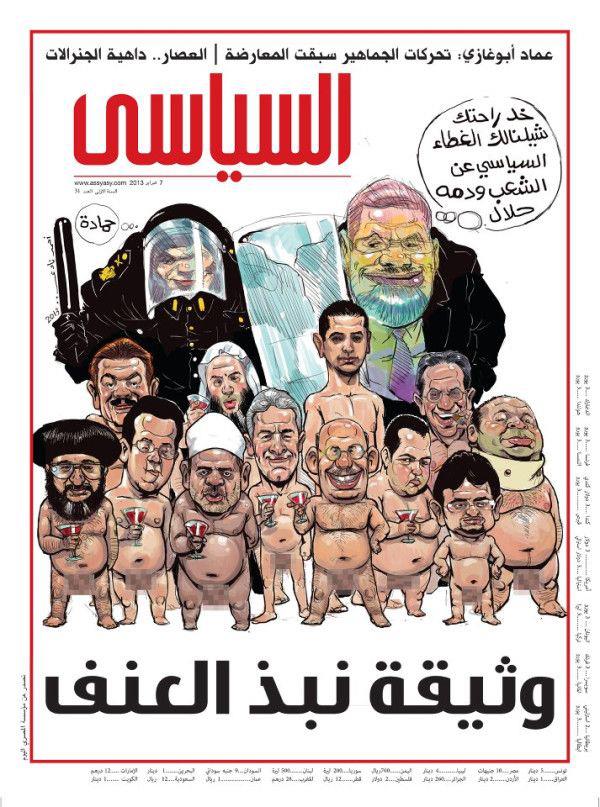From Bernard Lewis’ autobiography, Notes on a century , a vignette about Nasser requesting Pakistan’s help to restructure the Egyptian military in 1960:
The government of Pakistan was willing, but on condition that it be permitted to send a small feasibility mission to examine the situation and then advise on what, if anything, Pakistan could do. It told Nasser that the mission must be allowed to go wherever it wanted, and its questions must be answered truthfully and honestly. Nasser agreed, saying that there would be no point otherwise.
A small group of Pakistan officers was then sent to Egypt. they toured the country, spoke to many people and reported that they were not told the truth. The reason that they were not told the truth is that nobody knew the truth. In the Egyptian armed forces, they said, “The corporal lies to the sergeant, the sergeant lies to the lieutenant, the lieutenant lies to the captain, the captain lies to the major and so on all the way up the chain of command. By the time it reaches the high command or the Ministry of Defense, they haven’t a clue what is going on.” The Pakistan general heading the mission concluded that the high command in Cairo was sitting on top of a pyramid of lies. The Pakistan government therefore declined and said it was sorry but could not help.

